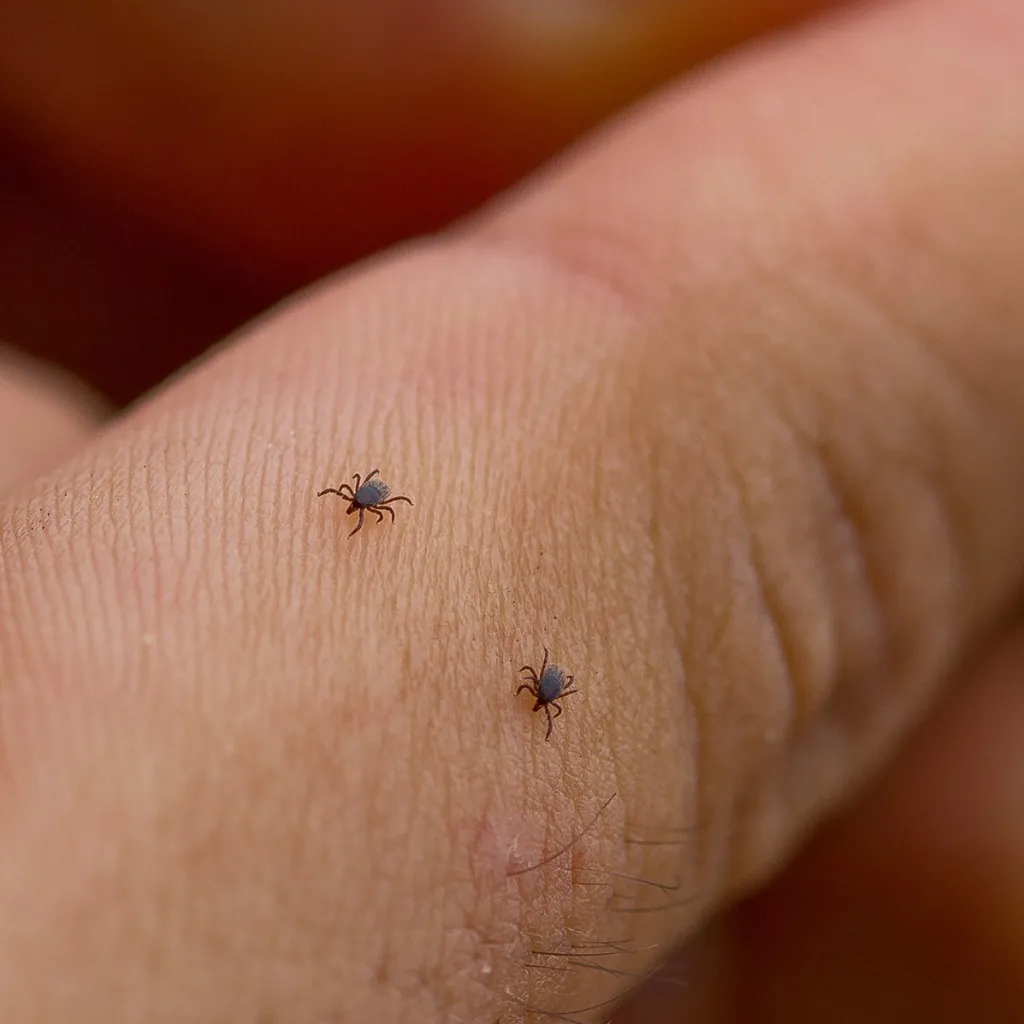I began feeling unwell back in the summer. Nothing specific, just a general malaise that crept in unnoticed and spiralled steadily downwards. My joints began to ache and I would wake up in the night with my heart rattling.
I would be baking hot one moment and freezing cold the next. All my body wanted was sleep, but in random blocks and at inopportune moments. The worst bit was the gout, which worked its way around my left foot for five crippling weeks before leaving me with crooked toes and a bunion that I struggle to squeeze into my wellies.
The diagnosis of Lyme Disease, and the associated presence of the bacteria Borrelia burgdorferi, came largely through probability and the elimination of everything else.
I spend a large proportion of my time poking around the undergrowth and pick up a lot of ticks. They are particularly rife on my local patch where I conduct reptile surveys and few human feet tread the same courses of my own.
There are plenty of other mammals though, deer, foxes, badgers and a few wild boar. I will stop every couple of minutes to flick the ticks off my legs, but one or two invariably get missed and I don’t notice them until the itching begins.

It isn’t the fresh bite I necessarily notice - a tick delivers an anaesthetic which allows it to embed itself unnoticed – but existing bites that begin to tingle as my skin responds to an unpleasantly familiar presence. I keep a close eye on any bite I do get, as the most reliable symptom of Lyme Disease is erythema migrans, the distinctive rash that forms around the puncture mark, but had noticed nothing untoward.
Due to the lack of any rash, and the fact that I’ve not contracted the disease before now, I didn’t consider Lyme as the cause of my issues. A blood test came back clear, but until the antibodies have sufficiently developed in the body, Lyme will not be detected, and in some cases further blood tests will remain inconclusive.
If it isn’t treated early, then Lyme can be impossible to shift and might prove increasingly debilitating with a string of associated problems. Due to this concern, and having tested for just about every other ailment imaginable, my GP prescribed a course of heavy duty antibiotics which have left me listless but have hopefully done the trick.

A disease that is so ambiguous in both symptom and detection is always likely to be overlooked or misunderstood. It is likely that very few ticks, possibly fewer than 5% , actually carry the disease, but incidents of Lyme Disease seem to be on the increase as are tick numbers themselves – particularly in the wake of the milder winters we have recently experienced.
If in doubt, I certainly recommend contacting your GP. A course of antibiotics is never particularly pleasant but a small inconvenience compared to the potential long term effects of Lyme.

